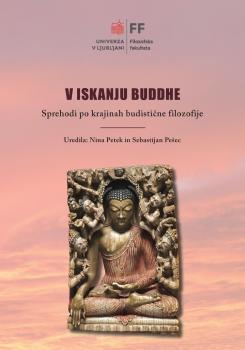The Concept of (Non)-Self in Buddhism
Synopsis
I contrast the Buddhist concept of self as a process and a conditional reality with the concept of the substantial metaphysical Self in Hinduism. I present the Buddha’s criticism and that of the Buddhist thinkers, such as Nāgārjuna, who rejected any idea of the metaphysical Self. They deny the idea of the Self as an own-being or as an owner of its mental acts. However, they do not reject any sense of self. They allow a pure process of knowledge (first, Self-knowledge) without a fixed subject or owner of knowledge. This idea is in deep accord with some Zen stories and paradoxes of the Self and knowledge. I believe that substantialist and processual views on the Self represent two equally possible and limited treatments of the eternal human questions. They lie on the opposite curves of the same “circle” of human endeavours to reach the fundamental Truth and Meaning of life, but they cannot really reach it. But perhaps a silence like the Buddha’s can show this.
Downloads
Pages
Published
License

This work is licensed under a Creative Commons Attribution-ShareAlike 4.0 International License.


